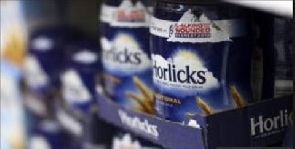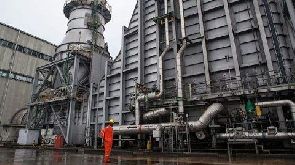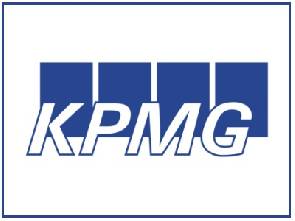GSK has confirmed plans to sell its Horlicks business in the UK and close the site where the malted drink is made.
As well as shutting the site in Slough, the pharmaceuticals giant said it will off-load its MaxiNutrition brand.
The closure, as well as an intention to outsource jobs at a manufacturing site in Worthing, will cost 320 jobs over the next four years.
GSK said the proposals are designed to improve its UK manufacturing network. The plans are the first major move by chief executive Emma Walmsley who succeeded Sir Andrew Witty in April.
Earlier this year, when revealing her first set of results as GSK’s boss, Ms Walmsley said that she wanted to prioritise GSK’s drugs business.
“I want to make that more at the heart of where we spend our leadership time and what we spend our time talking about,” she said at the time.
On Wednesday, GSK announced that it will invest more than £140m between now and 2020 across a number of sites in the UK, especially for the manufacture of respiratory and HIV medicines.
It will conduct a strategic review of an antibiotics facility with an option to sell the business and its manufacturing sites in Ulverston, Cumbria, Verona in Italy and part of its Barnard Castle plant.
GSK has also scrapped an investment to build a new biopharmaceutical facility in Ulverston.
As well as Horlicks and MaxiNutrition, GSK said it is “also exploring options to divest some other smaller non-core nutrition brands”.
The company said that none of the announcements is the result of the UK’s decision to leave the European Union.
GSK employs 17,000 people in the UK, of which 5,000 are in manufacturing. Philip Thomson, president of GSK global affairs, said: “We are continuing to invest in science and our core businesses in the UK and we continue to see the UK as an attractive place for the life sciences industry.
“We are working constructively with the government and others to develop an ambitious plan for the sector as part of the UK’s new industrial strategy.”
Shares in GSK rose 0.2% to £16.09.
Pharmaceuticals make up the bulk of GSK’s revenue, accounting for £16.1bn of a total £27.8bn in annual sales.
The Horlicks brand, which is more than 100 years old, is housed within the consumer healthcare division, which Ms Walmsley led prior to taking over the top job at GSK, and it generated £7.2bn in sales over 2016.
The company wants to keep the Horlicks business in India where it marketed as a nutritional drink to children and has seen strong growth.
Although Horlicks is popular in India, GSK noted when it announced its full year figures there had been a general slowing of the health food drink category in the country “which impacted the performance of the nutrition category and Horlicks in particular”.
This continued in the first quarter of the year.








